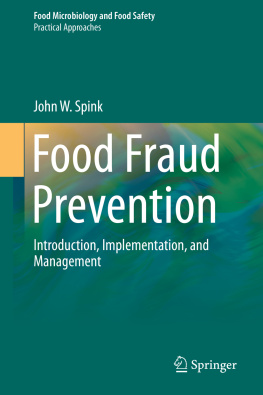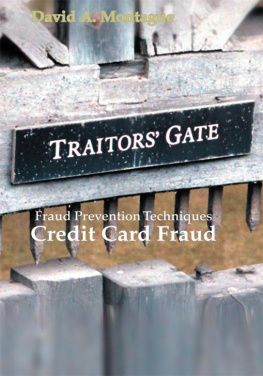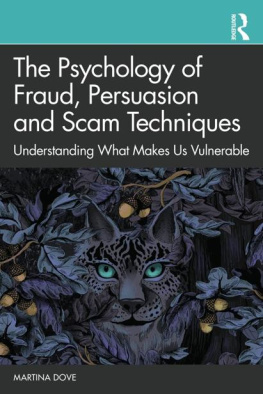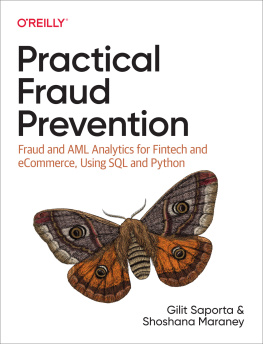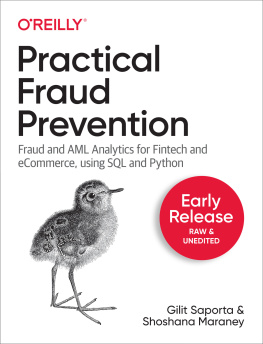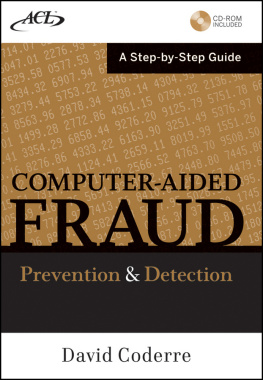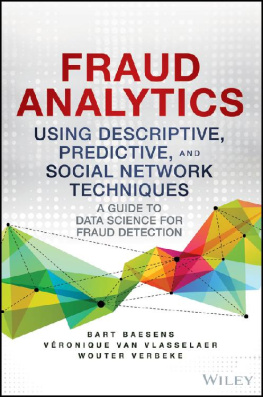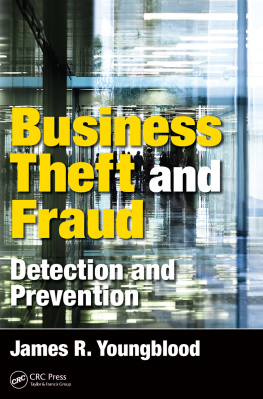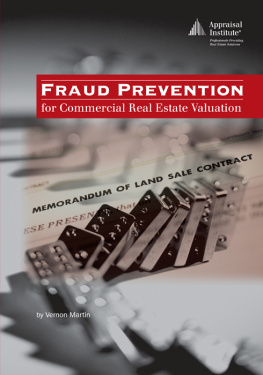John W. Spink - Food Fraud Prevention
Here you can read online John W. Spink - Food Fraud Prevention full text of the book (entire story) in english for free. Download pdf and epub, get meaning, cover and reviews about this ebook. year: 0, publisher: Springer New York, genre: Children. Description of the work, (preface) as well as reviews are available. Best literature library LitArk.com created for fans of good reading and offers a wide selection of genres:
Romance novel
Science fiction
Adventure
Detective
Science
History
Home and family
Prose
Art
Politics
Computer
Non-fiction
Religion
Business
Children
Humor
Choose a favorite category and find really read worthwhile books. Enjoy immersion in the world of imagination, feel the emotions of the characters or learn something new for yourself, make an fascinating discovery.
- Book:Food Fraud Prevention
- Author:
- Publisher:Springer New York
- Genre:
- Year:0
- Rating:5 / 5
- Favourites:Add to favourites
- Your mark:
- 100
- 1
- 2
- 3
- 4
- 5
Food Fraud Prevention: summary, description and annotation
We offer to read an annotation, description, summary or preface (depends on what the author of the book "Food Fraud Prevention" wrote himself). If you haven't found the necessary information about the book — write in the comments, we will try to find it.
Food Fraud Prevention — read online for free the complete book (whole text) full work
Below is the text of the book, divided by pages. System saving the place of the last page read, allows you to conveniently read the book "Food Fraud Prevention" online for free, without having to search again every time where you left off. Put a bookmark, and you can go to the page where you finished reading at any time.
Font size:
Interval:
Bookmark:
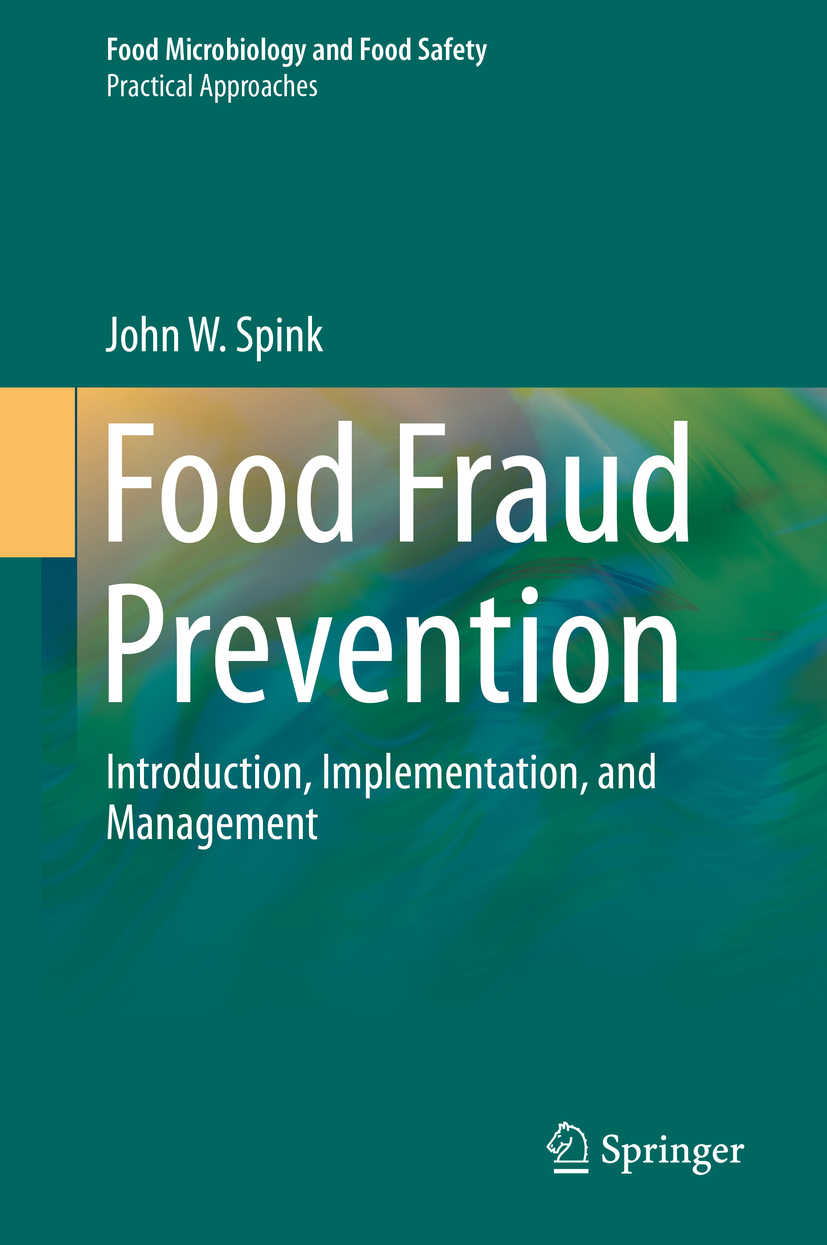
Food Microbiology and Food Safety Series
The Food Microbiology and Food Safety series is published in conjunction with the International Association for Food Protection, a non-profit association for food safety professionals. Dedicated to the life-long educational needs of its Members, IAFP provides an information network through its two scientific journals (Food Protection Trends and Journal of Food Protection), its educational Annual Meeting, international meetings and symposia, and interaction between food safety professionals.
More information about this series at http://www.springer.com/series/7131

This Springer imprint is published by the registered company Springer Science+Business Media, LLC part of Springer Nature.
The registered company address is: 233 Spring Street, New York, NY 10013, U.S.A.
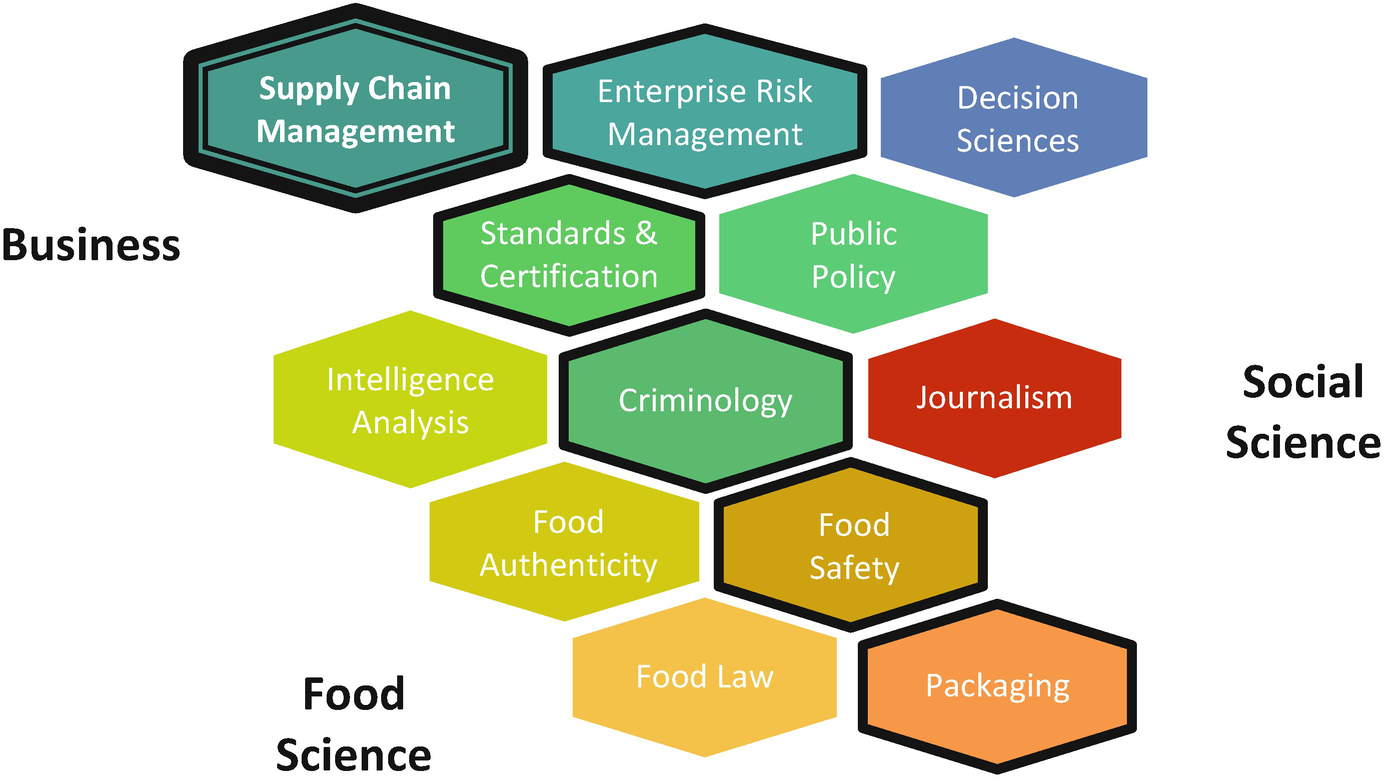
Dedication
First, this is dedicated to my family who has been patient and supportive throughout the overall journey during the development of this book and also of my overall research path. Second, this is dedicated to the many colleagues Ive worked with over the years. While this is a job that provides the finances for us to survive, I absolutely love the topic and working through the challenges of clarifying an implementation of the concepts and working with a wide range of colleagues from all over the world.
This book is also dedicated in remembrance of several key scholar mentors:
Ed Mather (19372010)
My first opportunity to return to academia was when in 2003, he asked me to develop an online graduate course for the Master of Science in Food Safety Program. Along the way, he helped me see the opportunity in academia and navigate through Michigan State University. His encouragement and guidance were critical to me, getting through my Ph.D. and providing a realistic perspective on what I could expect from my appointments. He served as one of my Ph.D. committee members and my first supervisor in the MSU Master of Science in Food Safety Program. Previously, he was chair of the Department of Large Animal Clinical Sciences, associate dean for Research and Graduate Studies, director of the National Food Safety and Toxicology Center, and director of the Master of Science in Food Safety Program.
Don DeKieffer (19462011)
After meeting at an Anti-counterfeiting Conference, he was an early mentor that provided tremendous insight into the very first prevention strategies. A key point was dont start with trying to stop all counterfeiting, get them to stop knocking you off! His wide range of Washington experiences were especially insightful and valuable including having served on the professional staff of the US Senate Republican Policy Committee, as general counsel to the Office of the US Trade Representative, and then as a founding partner of deKieffer & Horgan law firm. In parallel, he led the EDDI, Inc., working on databases relating to counterfeiters and diverters.
This book deals with a crucial matter regarding food. The problem of food fraud, unfortunately, has been with us as long as the history of food trade. The oldest recorded food laws attempt to deter it. In Babylon, you might be thrown into the Euphrates with a millstone around your neck for the adulteration of flour. In the fourth century BC, the Greek Theophrastus reported on the use of food adulterants for economic reasons in Enquiry into Plants . Pliny the Elder in Natural History provides evidence of widespread adulteration, such as bread adulterated with chalk to make it whiter and pepper adulterated with juniper berries in economic fraud.
John Spink brings an important perspective to this field. Food lawyers tend to look at food fraud from a legal liability viewpoint. Yet, reputational damage can far exceed the penalties in the laws. Food safety experts tend to approach the topic as health and safety risks. Yet, the clever fraudsters seek economic advantage and may present to health risk. Food scientists see the challenges in standards, detection, and testing. Yet, there can be adulterated food that contains no adulterant. Criminologists see motive and opportunity. Yet, the nature of supply chains can muddle such analysis. To deal with these seeming contradictions, John Spink brings a multidisciplinary approach to the topic.
The problem of food fraud is global in nature. Food fraud concerns public health but goes beyond to economic loss and harm to consumer confidence in individual companies and also loss of confidence in the integrity of the food supply. This has been with us since the beginning of food trade and will be with us as long as there is a trade in food. Knowledge is the key to food fraud prevention. And there has never been a better time for this book.
Font size:
Interval:
Bookmark:
Similar books «Food Fraud Prevention»
Look at similar books to Food Fraud Prevention. We have selected literature similar in name and meaning in the hope of providing readers with more options to find new, interesting, not yet read works.
Discussion, reviews of the book Food Fraud Prevention and just readers' own opinions. Leave your comments, write what you think about the work, its meaning or the main characters. Specify what exactly you liked and what you didn't like, and why you think so.

